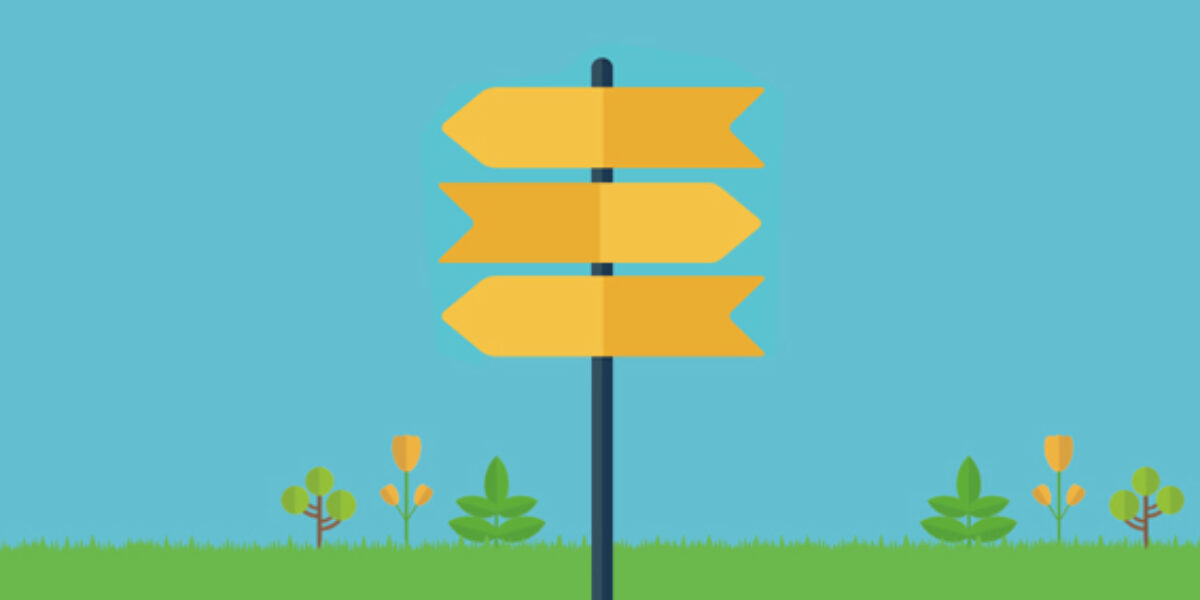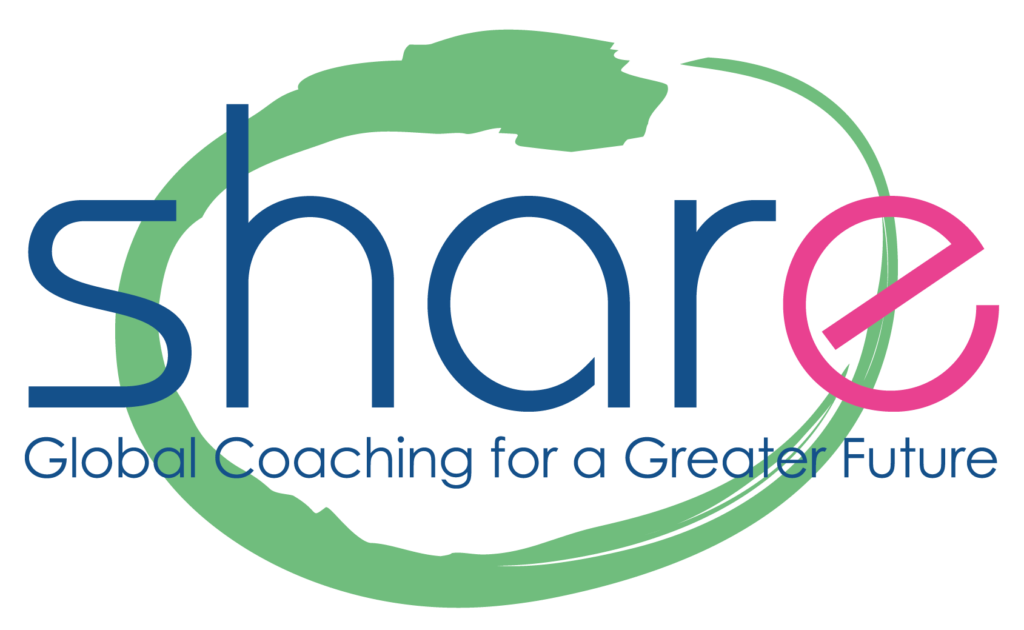Join the seminar “Making choices in full awareness to improve your well-being”
| Where: Paris | Where: New York | Where: Milan |
| Date: January 7-8 2016 | Date: 18-19th February 2016 | Date: April 6-7 2016 |
| Price: 780 € | Price: 980 $ | Price: 730 € |
To register contact anna.gallotti@share-coach.com
Why is it so important to choose wisely in our personal and professional life?
In my work as coach, I have noticed a constant feature. At the beginning of their coaching, my clients usually complain: about their boss, about being asked to change their behavior (hence the need for coaching), about being misunderstood by others, about their difficulties in finding their way within the company after the latest changes … and so forth.
Yesterday one of my clients, who is about to finish her coaching, started to complain. Suddenly she stopped and said: “Anna, here I go again. I am COMPLAINING! I know this means that I am brooding over my problems. It’s no good. I am becoming passive. I do nothing to change the situation and, instead of moving forward, I complain.”
From what she said, I understood that my client had taken an important step in her journey towards awareness, hence, in her ability to make a choice.
Here is her mental path:
– she realized that she was complaining
– she understood that her behavior was passive and therefore inadequate to solve her problems
– she also realized that she was wasting a lot of mental energy (psychiatry’s well-known “cognitive load”)
– thanks to her improved awareness, she reflected on adopting a more suitable strategy to solve her problems
– after sharing this new strategy with me, she decided to carry it out
This process included an “I-am-fed-up-even-though-I-know-I-have-to-pull-myself-together the-situation-is-really-complicated!” phase. Since we are human beings, it is normal to have “I-am-fed-up” moments and to wish that our problems would simply vanish into thin air!
So, what do we really choose?
First, just as my client did, we choose to be aware of what REALLY goes on within us, of our mental and emotional mechanisms. This process doesn’t happen of its own accord, since most of us have not been prepared for this kind of introspection.
We have to learn it by means of precise techniques and regular practice.
Next, we decide to change our attitude. Or else, we decide in full awareness not to change our attitude and continue to complain. But, at least, we recognize that this is a useless waste of mental energy. We will be aware of the consequences and will accept the responsibility for our decision.
Finally, we put this change of attitude into practice. Aristotle said that “we are what we repeatedly do.” Sometimes a feeling of inertia keeps us from adopting a new attitude, hence the need to seek a helping hand or to share our desire to change with our family and friends.
Why is it so difficult to choose?
There are many obstacles to choice. I will only mention the most important:
1/ Choice sometimes has very important consequences and we don’t want to make mistakes. In such a case, choice is obviously not easy.
2/ Choice may involve a paradoxical element, i.e. no matter what I do, it will have a negative impact on myself and/or others. Sometimes choice is truly paradoxical, but at other times our subconscious mechanisms make it seem paradoxical, that is, we unintentionally make it paradoxical. In this case being more acutely aware of our subconscious mechanisms as well as having a 360 degree vision of the consequences of our choices can help us overcome the difficulty.
3/ The fear of not being able to make it, of changing, of annoying, of not living up to expectations, of not being sufficiently competent, of being disapproved of, of feeling guilty, etc. What can we do to fight this fear? A better self-knowledge and the assessment of one’s potential are two precious assets because they enable us to gain a solid and lasting confidence in our capacities.
Besides, freeing ourselves from the self-imposed burden – the well-known “what if…” – is very helpful.
4/ Learning how to choose. People who are used to making complex and difficult choices since their early age are more likely to know how to choose as they grow older. The art of making good choices is learnable, just like the introspection exercise that help us understand what is beneficial for us.
We just have to decide to start the learning process…



